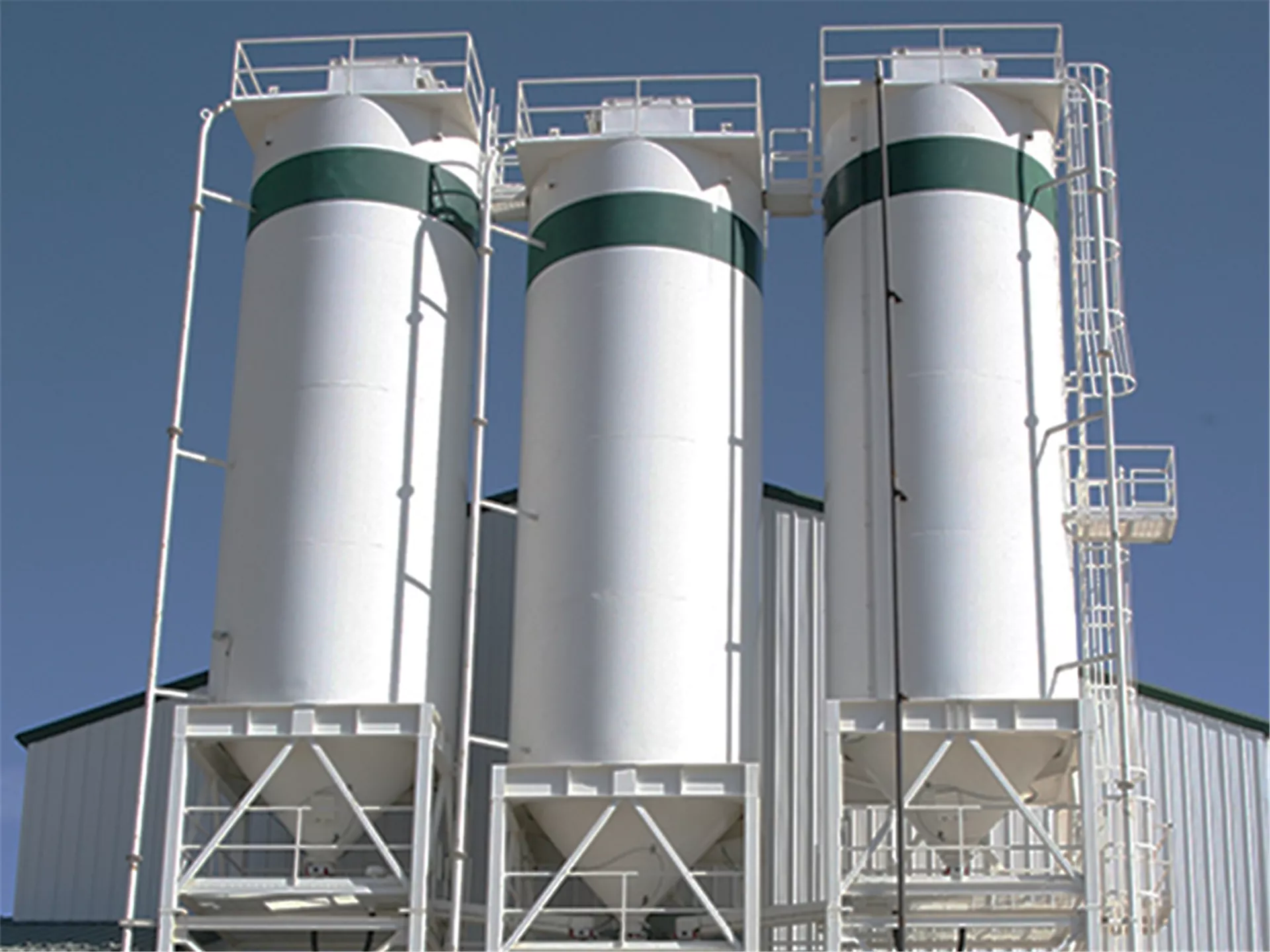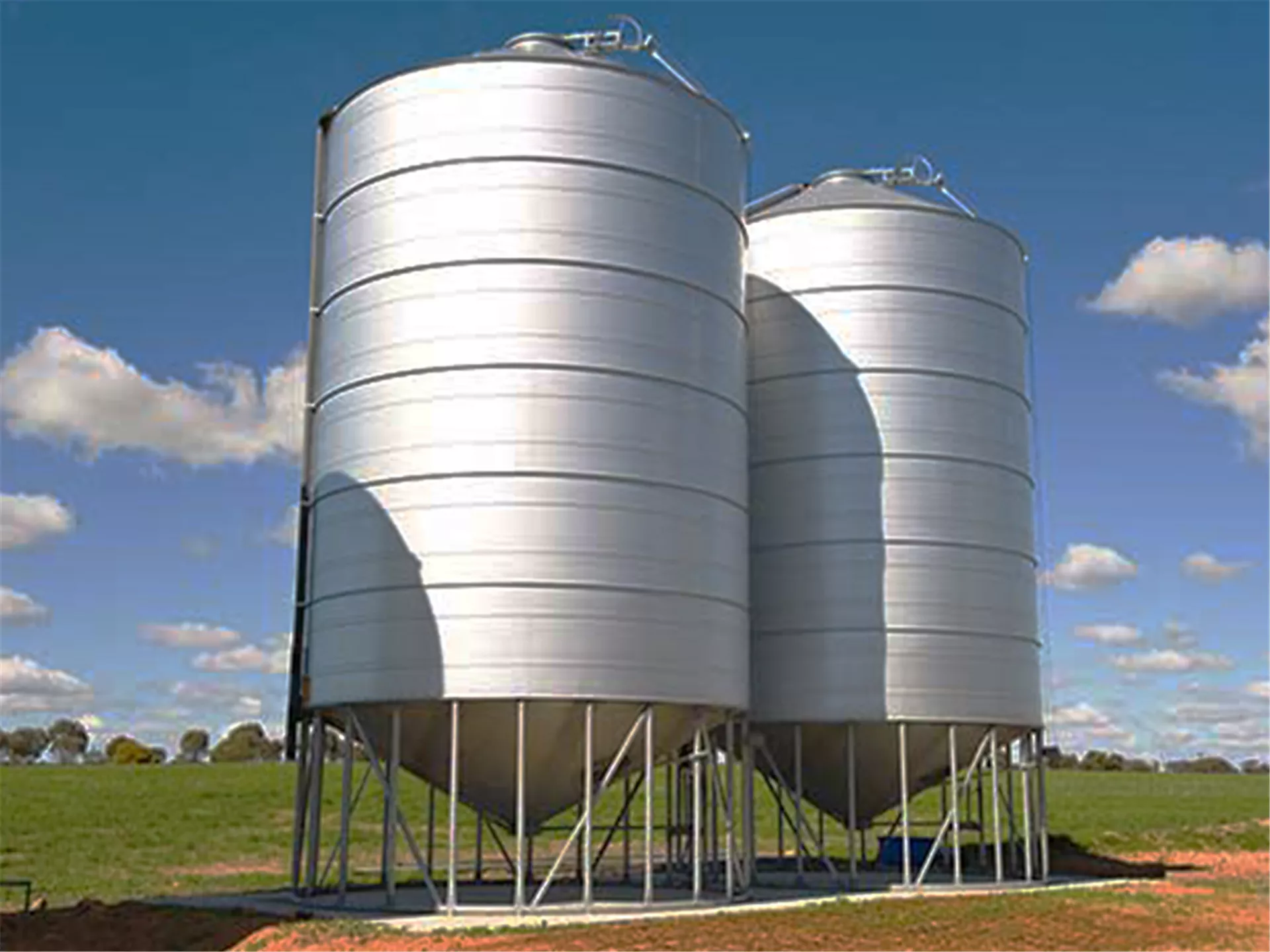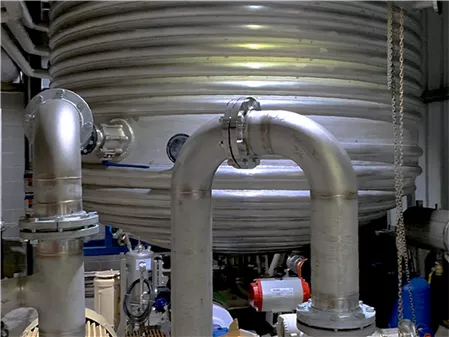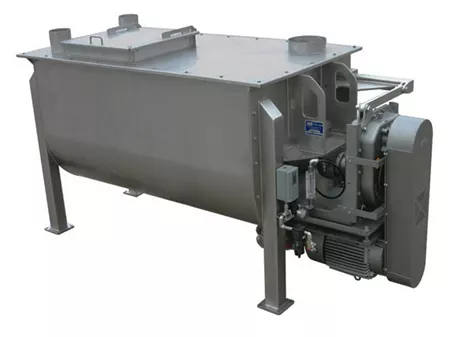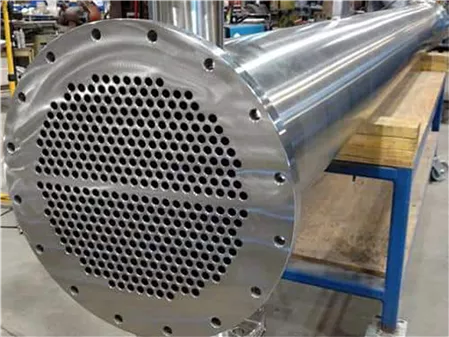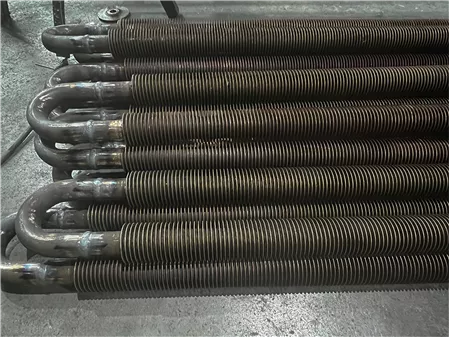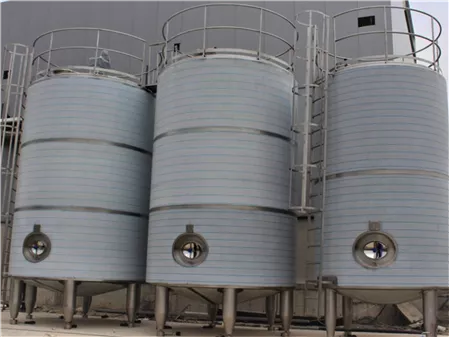Name of the Product You Will Order: Silo
Silo

Silo
Silo Manufacturing
Silos are indispensable assets for manufacturers and offer many benefits that increase efficiency and productivity. From optimizing processes to making the most of storage capacity and supporting seamless workflow, silos play a critical role in ensuring smooth and cost-effective production processes. By investing in well-designed and technologically advanced silos, manufacturers can achieve success in today's competitive market.
1. Optimizing Processes
Production facilities work with a variety of raw materials, intermediate products and finished products. Silos provide a special storage solution for these materials, providing the opportunity to carry out operations in a neat and organized manner. By designating specific silos for different materials, manufacturers can optimize their processes by reducing the time spent searching for and accessing needed materials.
Silos also help minimize the risk of cross-contamination. When ingredients are stored separately in silos, the likelihood of contamination or mixing is reduced and the integrity and quality of the ingredients are maintained. This is particularly important in situations/industries where stringent quality control measures are important, such as food processing, pharmaceuticals and chemicals.
2. Optimizing Storage Capacity
Efficient use of storage space is an important factor for manufacturers because it directly affects overall productivity. Silos provide an excellent solution for optimizing storage capacity. By taking advantage of vertical space, manufacturers can store larger quantities of materials in a smaller space. This allows more efficient use of available floor space and reduces the need for additional storage facilities.
Additionally, silos can be designed to maximize storage capacity using advanced technologies such as automatic filling and unloading systems and level sensors. These systems ensure silos are filled to optimal capacity and provide real-time information on inventory levels. As a result, manufacturers can plan their production schedules accurately, minimize stock shortages and take precautions without overstocking.
3. Improving Workflow Efficiency
Silos significantly increase workflow efficiency in production facilities. It improves workflow by reducing waiting times related to material handling and transportation by ensuring a continuous flow of materials. Silos can be seamlessly integrated into production lines so materials can be seamlessly transferred from one process to another.
By reducing manual handling and automating material transfer, silos offer manufacturers the opportunity to reduce the risk of human errors and improve overall process reliability. Additionally, silos equipped with discharge mechanisms such as various types of conveyors or pneumatic systems ensure a controllable and consistent flow of materials into the production line, eliminating blockages and delays.
4. Facilitating Just-In-Time (JIT - Production)
Just-in-Time (JIT) production is a widely adopted strategy for reducing inventory costs and better responding to customer demands. Silos play an important role in supporting JIT manufacturing practices because they provide on-demand access to materials. By placing silos strategically on production lines, manufacturers can quickly obtain needed materials and reduce the need for excess inventory by minimizing waiting times.
The ability to store and deliver materials JIT allows manufacturers to operate with lower inventory levels, freeing up precious capital tied up in excess inventory. Therefore, silos are an important element that enables manufacturers to achieve success in today's competitive market.
